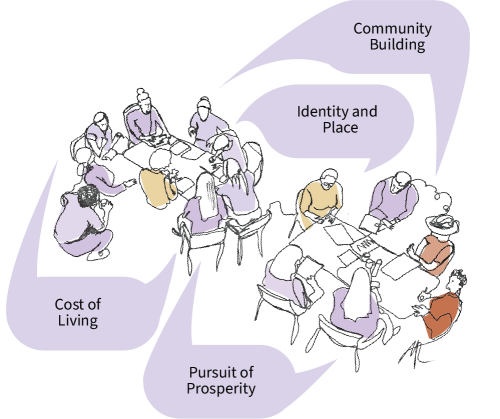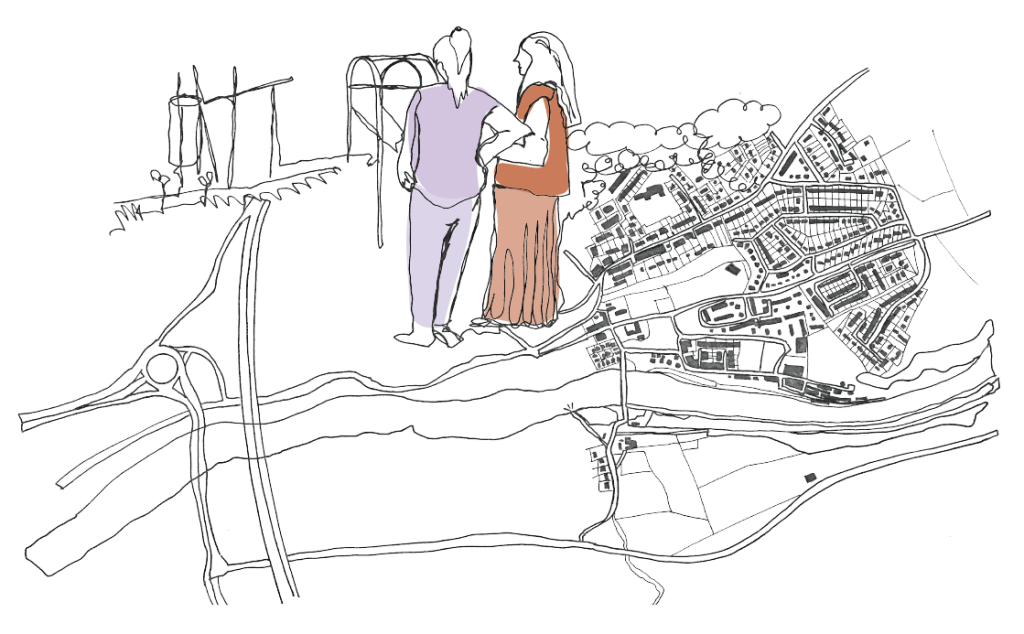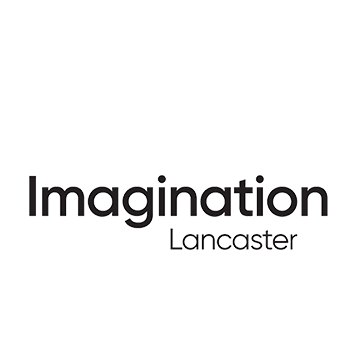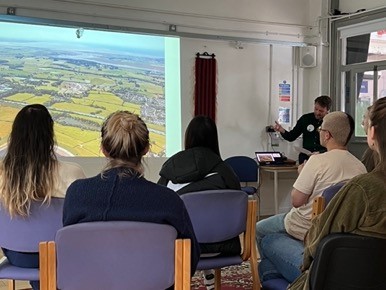The first event focused on gathering young adults’ specific understandings and experiences of sustainable ways of living. The recruitment process was designed to attract a diverse group of young adults living or working in the Lancaster District. This involved sending invitation emails to young community groups within the Lancaster University and Lancaster City Council networks, as well as advertising through social media. The analysis of the first event identified the following policy areas of interest: community building, identity of the place, cost of living, and the pursuit of prosperity as key drivers for sustainable change.

The workshop was structured into four stages. Firstly, there was an introduction to the context and the placemaking framework. Participants were then guided on a walk around Halton Mill and its surroundings to deepen their understanding of sustainable ways of living in that area. Next, there was a sense-making and co-articulation exercise, where participants collectively developed sustainable principles. Lastly, participants engaged in the co-creation of a collective image for the future development of the Lancaster South area.

The activities during the workshop included an icebreaker and a presentation on Lancaster Local Plan and proposals of development for the South Lancaster area. The participants were also introduced to the placemaking framework and walked through its application for different locations during the facilitated walk around Halton. This walk included visits to the Halton Community Centre, Halton Allotments, and Lancaster Cohousing, where participants had the opportunity to explore the physical dimensions of these places and capture their insights in the provided walking tool kit.

A lunch break was provided to allow for sustenance and unstructured reflection and conversations between young adults and policymakers. Following the break, participants engaged in priority building and clustering insights from the facilitated walk. This involved reflecting on and sharing their insights and issues, using the placemaking framework as a guide. The insights covered various aspects of the visited locations, such as active travel, physical barriers, aesthetics, biodiversity, affordable living, and accessibility.
The day concluded with the co-creation of two collective collages that synthesised and illustrated the participants’ visions for a sustainable future.









